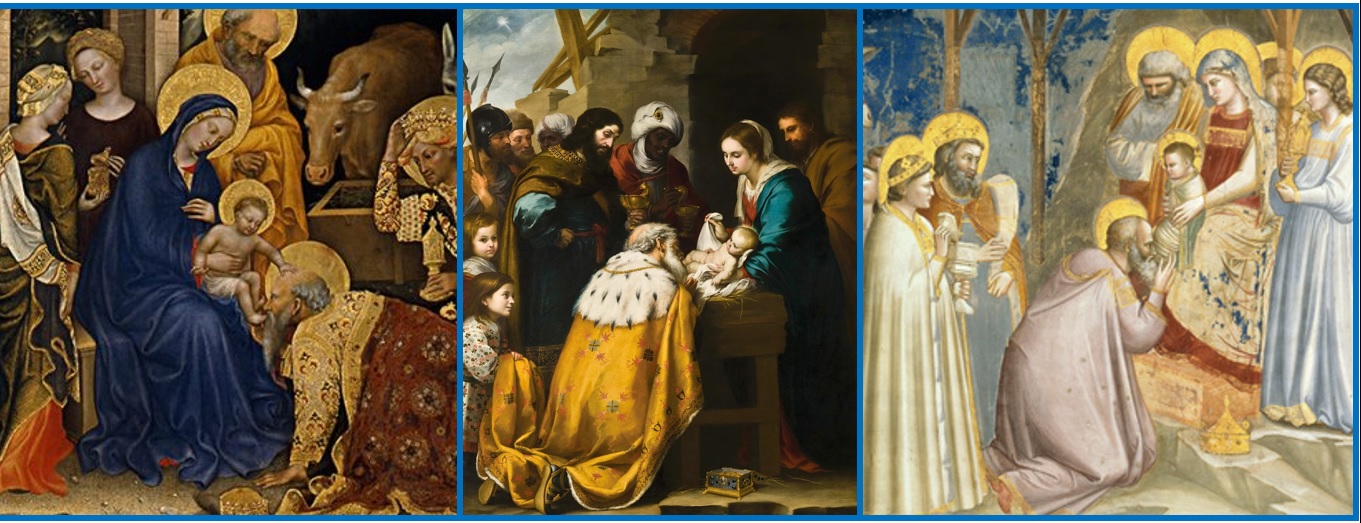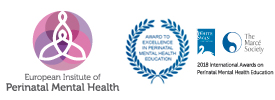
Obstetricians…
Two of the mothers I visited today at the breastfeeding clinic recounted their birth stories to me. Though both had been similar in the workings (hospital births, vaginal, no epidural, some synthetic oxytocin), each mother had a completely different story to tell. For one, it had been a wonderful, empowering experience. For the other, a harsh, painful, lonely guilt trip.
The difference was in the obstetrics personnel and how they had treated each mother. In similar birth circumstances, the actions of healthcare personnel can substantially impact a birth experience.
…epiphany…
In Spain and in many Latin American Countries, as well as some from northern Europe, the holiday season officially ends on January 6, which is the 12th day of Christmas known as the Feast of the Epiphany, or Three Kings’ Day. The holiday celebrates the biblical tale in which the Three Kings, or Three Wise Men, visit baby Jesus after his birth. According to the story, the three Kings, named Melchior, Caspar, and Balthazar traveled to Bethlehem from very far, following a star, and after an arduous journey arrived to worship the baby and bring gifts of gold, frankincense, and myrrh. Today, children celebrate Three Kings’ Day by receiving gifts of their own. Children in Spain and Latin America leave their shoes by the door of their house so, like Santa Claus, the three kings can come and leave them presents.
So instead of depictions of Santa Claus, our European and Spanish tradition is full of images of three old kings kneeling before an infant in his mother´s arms.
…put them together.
Hearing my clients´ birth stories while having the Three Kings all around me – depicted in Christmas cards and decorations, and in hundreds of classical art paintings – sparked some wistful thinking.
The picture: three wizened old powerful men worship an infant. The infant is in his mother´s arms. The father is usually depicted next to or behind the mother. Often, there are one or a few women also behind the mother.
Now, translate this into a modern hospital.
A mother has given birth. She has the support of those she has chosen – her husband, in this case, and some women, her midwife and maybe a friend. She holds her infant. And the obstetricians… they kneel and worship? Yes. For a birth is a wonder, a miracle, a precise beginning, something to behold, to worship. A new person has come into the world through the generous body of a woman.
These three old obstetricians have had to make an arduous journey from afar to reach this point… they´ve had to have felt a need for change, have let themselves be surprised and moved enough to follow a star, to begin a journey, have had to unlearn useless, violent things and be ready to learn new gentle ways.
The story says they worship the child and then give gifts. This is important: the worshiping, the watching in silence and admiration, the basking in the beauty comes first. The gifts come afterwards. Obstetrics has gifts: pharmacological pain relief, medications, cesarean sections… they also are life-saving gifts, but only when used in a context of worship, of wonder, of respect, only when the child and the mother are truly in the center of the picture in the fullness of their humanity.
Happy Three Kings Day!
by Carmela Baeza, MD, IBCLC







